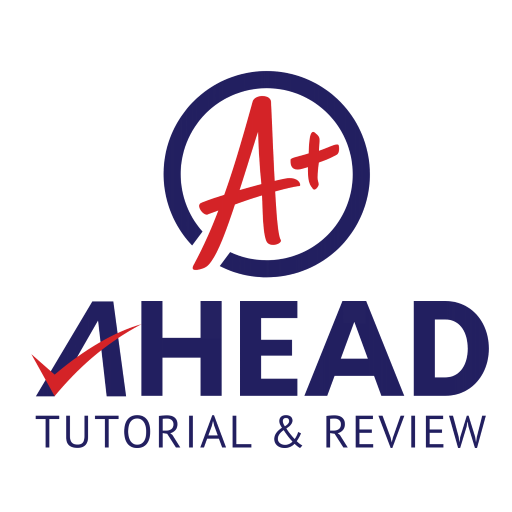Whether you are an honor student preparing for tomorrow’s graded recitation, a high school senior reviewing for your college entrance exams, or a college sophomore failing in Chemistry, memory plays a big role in your academic life. Memory helps you store information, which you can effectively recall later on.
Short-term vs. long-term memory
Here’s how our brain works. Information first enters the brain through our senses. If you are paying attention, the data will enter your short-term memory. This covers what holds your focus at any given moment. Unfortunately, a big chunk of anything stored in your short-term memory will be lost in 24 hours. But if you keep processing that information, it will be transferred to your long-term memory, which is more or less permanent. This is why cramming is not effective. You process all that information in one shot, relegating everything to your short-term memory.
Cramming vs. regularly reviewing
Countless studies on human memory show that you’ll only be able to recall 19 percent of the information you picked up today after a month. Thus, if you want a better academic life, you must process information into your long-term memory. This you can do by reviewing regularly to keep the information fresh and familiar. The more frequently you go over your stuff, the more efficiently you will be at storing and accessing information over time.
Result vs. process
Suffice it to say that it is difficult to process and retain a large amount of information in a short period of time. According to Francis Abao, a tutor at Ahead Tutorial and Review Center, the secret is focusing on the process and not on what you are planning to get out of it.
“Don’t focus on the result; focus more on the process. As a tutor, I basically share a way of understanding the subject.“ He adds, “If you know a way to factor in the learning that is easier than what was previously taught to them, then you share that. It’s another way of looking at the problem or lesson that’s much simpler. The bottom line is that you understand the item being discussed, and then you can get good results.”
Indeed, there are two ways to improve memory: learning through repetition and learning through understanding. You can use a combination of both methods for better results. While you can accomplish the first method via frequent review, you can manage the second by asking someone more knowledgeable to help you out.
Getting help vs. winging it
While you can always approach a friendly teacher or a smart classmate to help you in subjects you’re having difficulty in, you can seek the assistance of professionals from review and tutorial centers like AHEAD. The important thing is to get someone to help you understand and master the material. The same holds true when reviewing for important exams like the University of the Philippines College Admission Test (UPCAT) or the Ateneo College Entrance Test (ACET). If you don’t want to cram, periodic and regular reviews are only possible if you start early.

haha i think i just might try this. i should stop procrastinating too. :)
nice, i think that this is great. it really pointed me out on what i should do :)
i love ahead! im going to share these tips to my friends.
Thanks for the tips! I’ll take it as an advice to myself, it’s perfect ‘coz I’m really having a hard time on memorization. =D
although cramming is quite effective for me in exams, I easily forget those topics I’ve crammed, which only defeats the purpose of learning.
thanks for these tips! when reviewing, I understand the topic better through understanding the process! that way, I can use the process with other problems…
quite an interesting read. must try!
reat tips Ahead. I especially like the line from one of your tutors: “Don’t focus on the result. focus more on the process.” :)
really true !! :) .. i guess that’s the most usefull advise of being a hard student we should do in our everyday life … :)) nice !